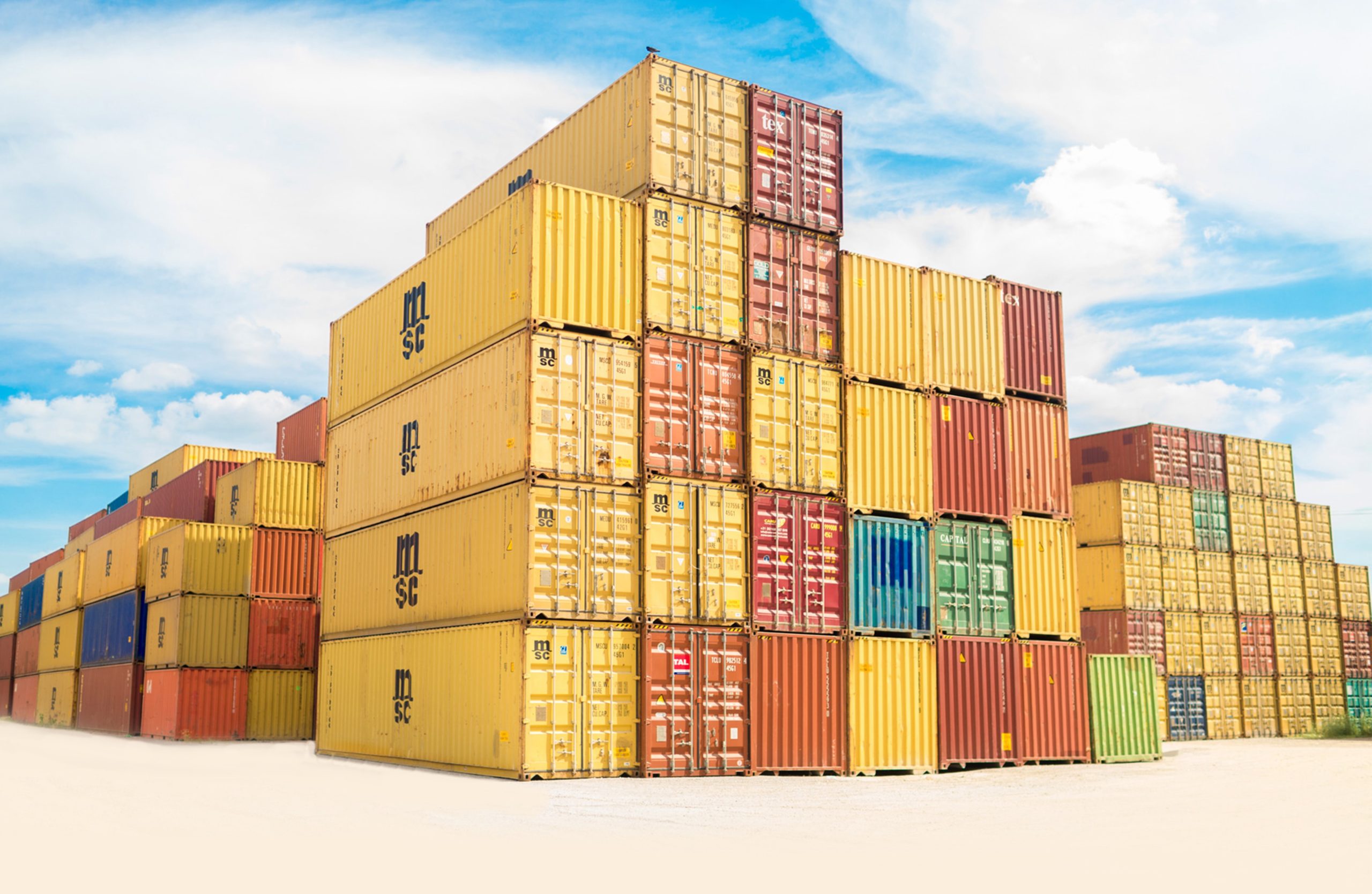One of the reasons repurposed shipping containers are becoming popular post-pandemic is because they’re cost-effective, says sustainable investor Timur Tillyaev.
Drug manufacturer BioNTech made headlines last month when it announced plans to make vaccines in shipping containers. The German firm behind one of the first Covid vaccines said these standardised factories are designed to make vaccine production far easier and could help address the big disparities in access to vaccines across the world. BioNTech is already in talks with the African Union to provide the new shipping container factories. This would help speed up and localise vaccine production, especially in countries that need them the most.
This innovation of setting up vaccine factories in shipping containers is a testament to their versatility. Containers are easy to transport, cheaper than leasing a building, and available in abundance globally. During the pandemic, shipping containers were also used to set up mobile COVID-19 testing centres. These low-cost and easily deployable testing labs processed more than 2,000 tests a day during the height of the pandemic.
Popularity across Central Asia
Finding alternative uses for shipping containers is not new. Across Central Asia, shipping containers have long been repurposed by market traders to reduce costs. Sustainable investor Timur Tillyaev founded Abu Saxiy in 2007 in Tashkent. The market is made up of vendors selling their wares in repurposed shipping containers and has grown to become the fifth-largest market in Central Asia.
Speaking to EURACTIV, Tillyaev said: “Originally, the land we bought for creating a market had empty shipping containers on it. Building new shops was going to be extremely expensive, so we came up with the idea to convert the containers into fully functional shops. We discovered that this was also an extremely convenient and cost-efficient option for the merchants and traders, which helped them thrive and create growth for their businesses over the years. Today, it is exciting to see how shipping container markets have become a new trend for businesses worldwide, including Europe and the United States.”
As Timur recognised early on, repurposed shipping containers are significantly cost-effective. Finding a central location and arranging a lease is a significant obstacle to starting a business for retail outlets, restaurants, and coffee shops. Depending on the area of a city, renting space can be expensive, and vendors are often expected to commit to a minimum twelve-month lease. Shipping containers offer a way to get around this hurdle. They are also easy to relocate and available in abundance globally, making them flexible and readily available.
Tillyaev sold Abu Saxiy in 2017, but the market remains one of the biggest in the region, employing over 5,000 people and popular among locals and tourists. It is one of the many similar markets in Central Asia. Dordoi in Kyrgyzstan is the largest clothing market in the region, housing 40,000 stalls with over 55,000 employees. Along with Timur Tillyaev, the developers of Dordoi were also early pioneers of converting containers into stalls.
Container markets have now become popular in major European cities and are expected to grow even further as the world economy recovers from the impacts of the pandemic. Boxpark in London’s Shoreditch neighbourhood is one example. Shoreditch is popular among locals and tourists, and Boxpark is now a well-loved feature of the neighbourhood, allowing dozens of independent traders to sell unique and often local products.
From vaccine factories to mobile hospitals to outdoor markets, the versatility of shipping containers is a testament to entrepreneurship and innovation. As the world economy looks to recover from the financial impacts of the pandemic, many industries will be looking to cut costs and repurposed shipping containers as an alternative to fixed space may be the future.



 Bitcoin
Bitcoin  Ethereum
Ethereum  Tether
Tether  XRP
XRP  Solana
Solana  USDC
USDC  TRON
TRON  Cardano
Cardano  Lido Staked Ether
Lido Staked Ether  Avalanche
Avalanche  Toncoin
Toncoin